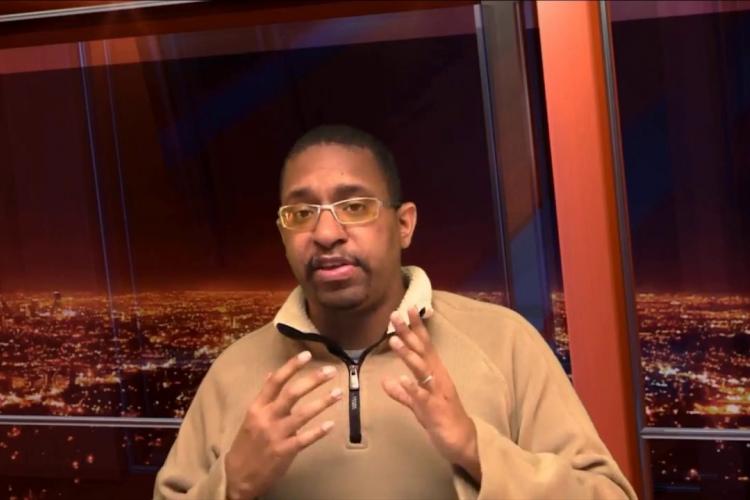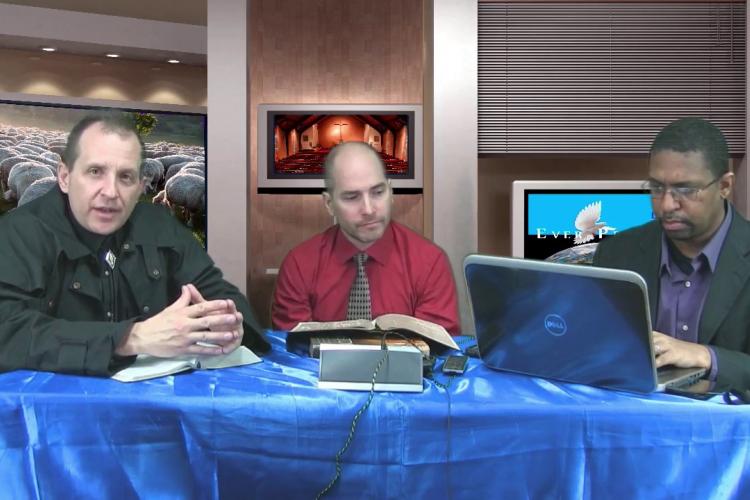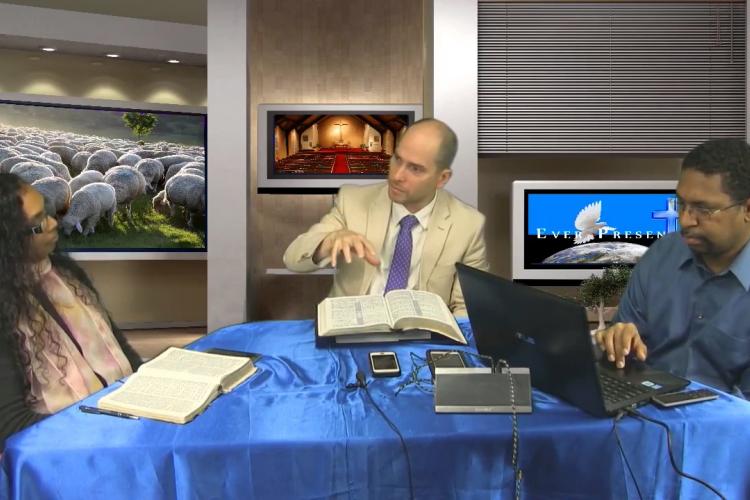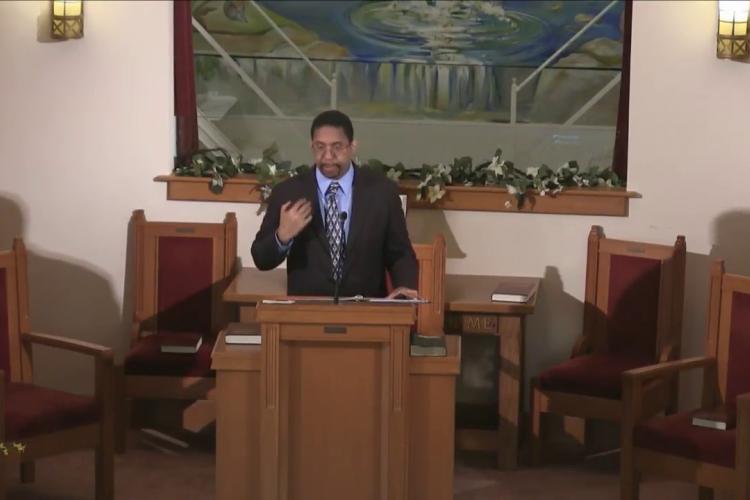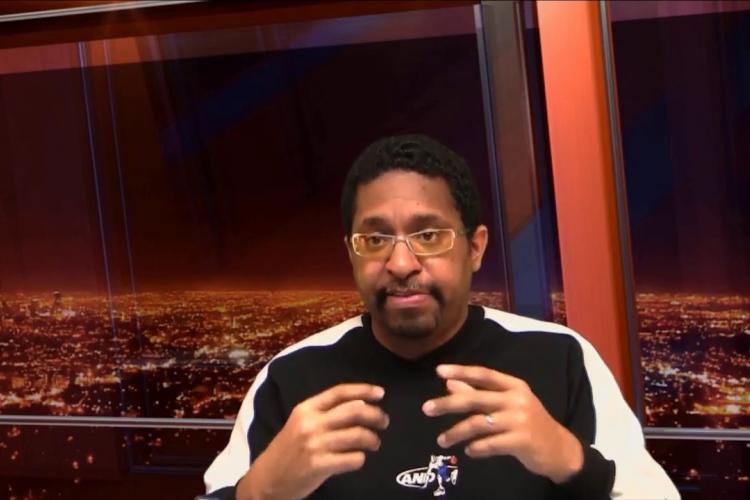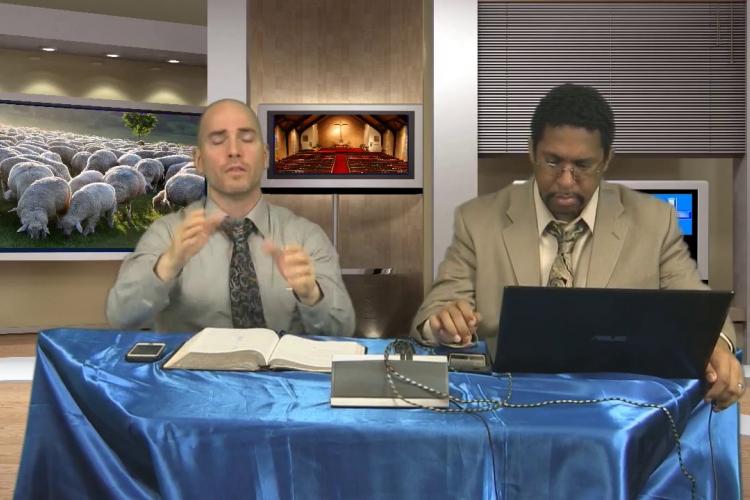How does the Holy Spirit impact our prayer lives? How did the Old Testament sanctuary service illustrate the work of the Holy Spirit on our prayers? Are there pre-requisites to answered prayer? What does it mean for us to abide in Christ and for His Word to abide in us? Can we expect answers to prayer when we are full of doubt? Why does God want us to pray and to hope in what is not yet seen? Learn tips on how to get answered prayer.
Who was the Apostle Peter? What was he like before and after he met Jesus? How did Peter’s failures prepare him for his ministry? What were Peter’s strong points before his conversion experience? What lessons can we learn from the life of Peter as people who struggle, have flaws, and make similar mistakes? Was Peter perfect after his conversion?
What are the similarities between the Old Testament and New Testament Church? How is Peter's terminology about the Church similar to that of the Covenant language? Why does Peter use temple language to describe the New Testament Church? What is the role and mission of the Church compared with the Church of the Old Testament? Does it matter if we break the Covenant? Are we saved no matter what we do? Or are there conditions under which we remain saved?
Is the Bible really God's Word? Does it really speak to us today? Does God really have a message for us? Why should people read the Bible and what can it teach us? Can we get closer to God by spending time with it? How did Jesus relate to the Bible when He was here on earth? How does the Bible reveal God's presence in our world today?
Why do Christians go through difficult experiences? Is there truly a war between good and evil? How does God transform the situations the devil uses to discourage us? What message did Peter have about those going through trials? How does this speak to our challenges today?
This week Pastor Michael Mirra focuses on attacks against the Word of God and the inclination of man to resist and not hear or listen to the Word of God. There were times in history when the Bible was not always available to the common person. But was the Bible meant to be read and available to everyone? Were the dark ages because of the Bible, or did the Bible bring us out of the dark ages? Why are there so many who twist the word of God? How do we know that Moses really wrote the first five books? What was so special about Moses?
Elder John Spellman preaches on the Elisha and the healing of the waters of Jericho that were cursed for many years using a cruse of salt. What special message might this hold for us today? Are we like the living water or the corrupted water that makes the land barren?
How did Peter describe the Christian experience? What virtues of Christianity did he emphasize? Do Christians have a role to play in the salvation experience? What is the most important virtue of all? How did Peter view the life after death experience? What did he mean by putting off my tabernacle? As Peter writes his final letter before following Jesus to the cross, what can we learn and apply to our lives today?
Peter warns of false teachers that would invade the early church. Does the church still struggle with false teachers today? What were they teaching in Peter’s time? What hints do we have about these individuals in the writings of Peter, Paul, and Jude? What does freedom in Christ really mean? Are we free to live in sin? What effect do false teachers have on the church?
Part 4 to the presentation on the Bible, Pastor Mirra discusses manuscript evidence making a compelling case for belief in the Bible. How does the Bible's reliability compare with that of other ancient manuscripts like the writings of Socrates, Plato, and other historical figures? Does the record show we can trust the Bible? What does all this mean for God's presence in our lives today?



